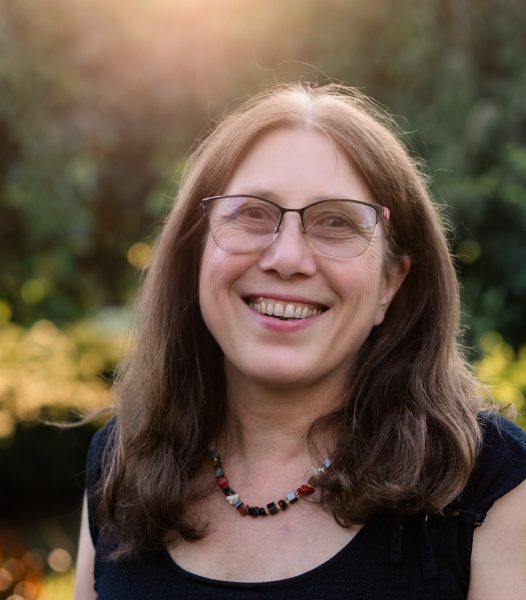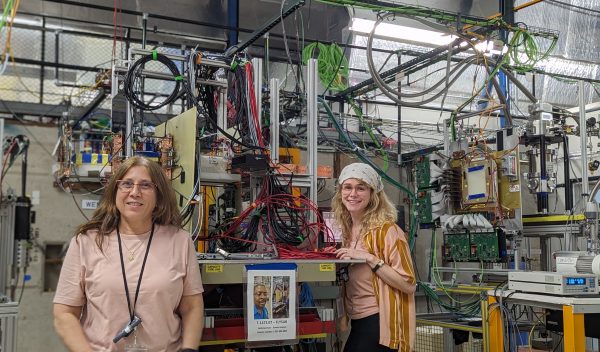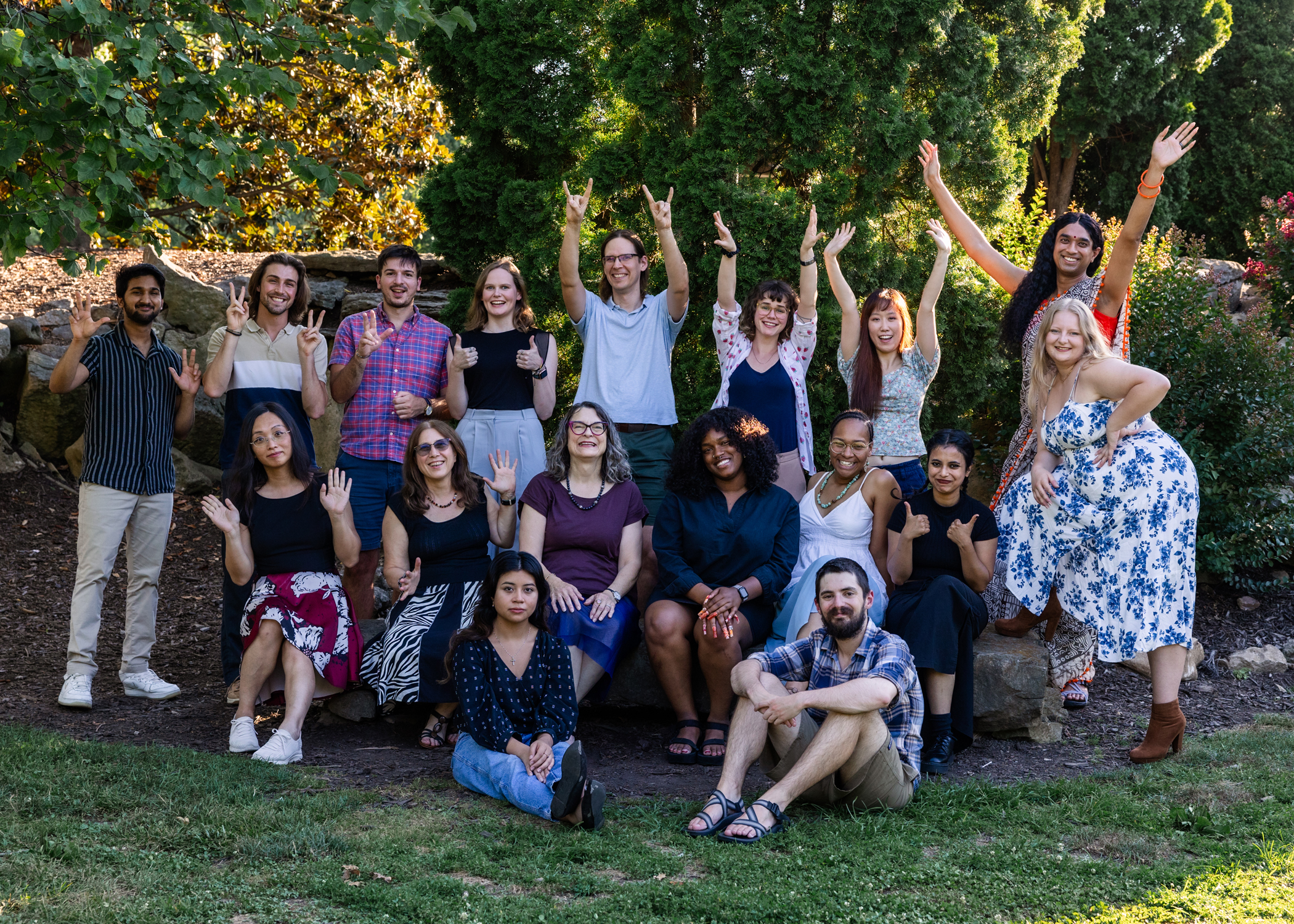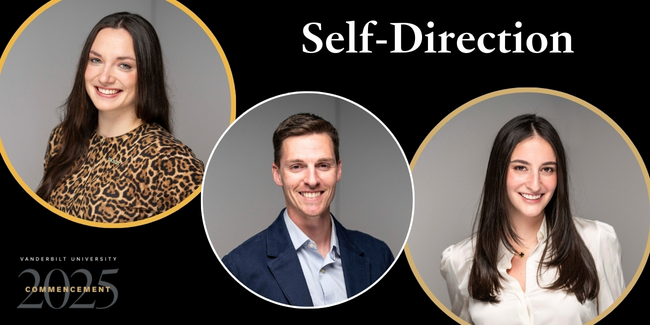
When Julia Velkovska views the world, it’s through a microscopic lens.
As Cornelius Vanderbilt Professor of Physics and chair of the Department of Physics and Astronomy, Velkovska studies the tiny particles that form our universe.
She focuses on how nuclear matter behaves when confronted with extreme density and temperatures (think trillions of degrees)—similar to the conditions existing microseconds after the big bang, right as the universe was starting to take shape.
When atoms collide in this intense environment, their nuclei dissolve into a hot, soupy state called quark-gluon plasma. Velkovska hopes to decode the building blocks of our world by zooming in on QGP.
“The interactions between gluons are responsible for almost all the visible matter in the universe, yet our understanding of these interactions is far from complete, which is unsettling,” Velkovska explains. “I hope my research will contribute to revealing some of the mysteries of the microscopic world.”
Creating the otherworldly conditions needed to form quark-gluon plasma requires a little help from the Brookhaven National Laboratory in Upton, New York, and the European Laboratory for Nuclear Research (known as CERN), a facility straddling Switzerland and France.
Using particle accelerators capable of smashing atoms together at near light speed and particle detectors, Velkovska can analyze particles’ behavior.

“I have been working in this area for nearly a quarter century, and I continue to be amazed that we humans can create droplets of early universe matter in the laboratory and study them under controlled conditions.”
Growing up in Bulgaria, Velkovska’s interest in physics was spurred by her 7th grade physics teacher.
“The idea that the world is understandable, and you can explain things that you see by applying a small number of general laws of nature—this was very appealing. I made up my mind then to become a physicist,” Velkovska says.
She went on to study engineering physics at Sofia University in Sofia, Bulgaria, then decided on graduate studies in the United States just before the fall of the communist regime.
“I remember going to the library in the American embassy and hastily copying addresses of U.S. universities to send requests for application materials,” Velkovska says. “I feared that I would be questioned by the authorities if I stayed there too long!”
Ultimately, the regime fell, and Velkovska was free to travel and study where she pleased. She earned her Ph.D. from Stony Brook University in Stony Brook, New York, and spent time as a researcher at Brookhaven National Laboratory before coming to Vanderbilt in 2003.
These days, she’s looking forward to continued collaboration with faculty, students and postdocs—learning more about what holds our world together.
Just this year, Velkovska and her team of physicists were awarded the 2025 Breakthrough Prize in Fundamental Physics, along with 13,508 colleagues across four landmark CERN experiments.
The prize honors decades of work expanding our understanding of the physical universe.
“Solving the deepest questions in fundamental physics is beyond individuals; it requires global scientific collaborations,” Velkovska says.
Vanderbilt researchers contributed to every aspect of the Compact Muon Solenoid experiment at CERN —designing and building state-of-the-art detectors, writing software to collect and analyze data, and publishing findings in peer-reviewed journals.
The experiments tested the modern theory of particle physics, the Standard Model, and resulted in high-precision measurements of the Higgs boson (the particle that helps explain how elementary particles—particles that are not composed of any smaller particles—acquire mass), the discovery of 72 new composite particles (particles made up of two or more elementary particles), and the ability to test physics theories that might lie beyond the Standard model, like dark matter and hidden extra dimensions. They also revealed extraordinary properties of the quark-gluon plasma – discoveries in which Velkovska’s group played a leading role.
Vanderbilt joined the CMS experiment in 2006, with efforts led by faculty, postdocs and graduate students in the experiment’s nuclear and particle physics groups.
“We have built a vibrant and diverse group,” Velkovska says. “The future looks bright and exciting!”


